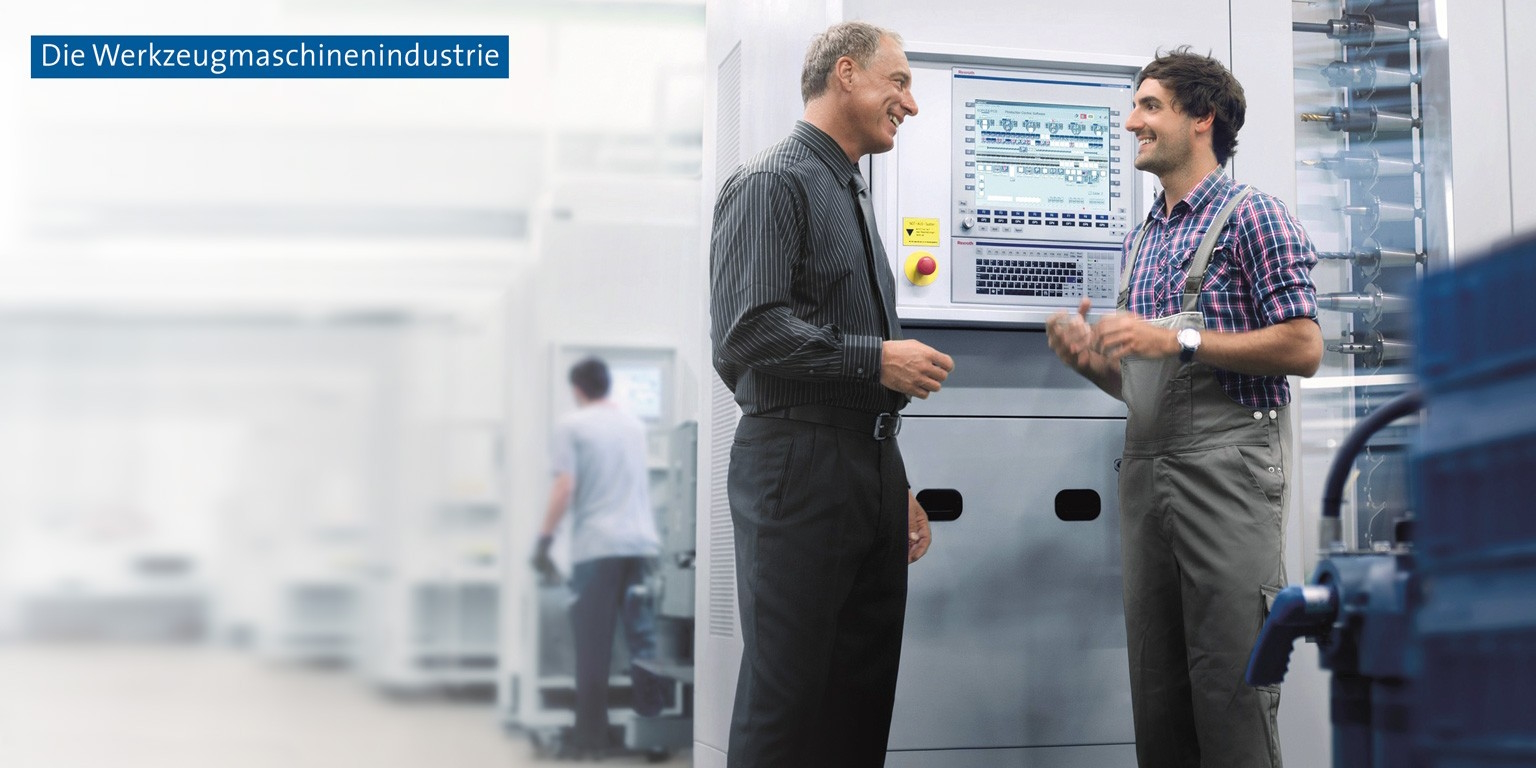At the “Additive Manufacturing European Conference” organized by CECIMO, the European Association of the Machine Tool industries, at the European Parliament in Brussels on 23 June, high level representatives from industry, academia, EU institutions, think tanks and standardisation organisations discussed how to achieve the full-scale industrialisation of additive manufacturing (AM) in a rapid and cost-effective manner whilst generating the highest value for society.
The Conference confirmed that AM creates perspectives in terms of technology, markets and economic development, as well as sustainability. The design freedom brought by AM stretches the imagination of designers and engineers to develop highly functional products which respond to complex customer needs. Moreover, layer-by-layer production generates unprecedented savings on material and energy usage, making AM a blueprint for sustainable and competitive manufacturing.
Jean Camille Uring, CECIMO President said: “Additive manufacturing can satisfy Europe’s appetite for innovation and can boost the added value of industrial production. AM is still a relatively young technology which needs to be further developed so that its full potential can be unleashed. Europe has to move fast amidst global competition to turn AM into a mainstream technology that serves multiple sectors.”
Reinhard Bütikofer, Member of the European Parliament, hosting the conference stated: "Europe is in dire need of new economic dynamism. Additive manufacturing offers great potential for disruptive innovation. It can boost industrial competitiveness and, at the same time, deliver significant material and energy efficiency gains. We need an ambitious EU industrial policy that taps into new technologies and industrial trends to promote competitiveness and sustainability”. He underlined that, to enable the market uptake of AM, this policy should address research and development needs and promote SME finance, awareness raising, standardisation and skills.
It was recognised that AM is an integral part of the digitisation trend in manufacturing. AM allows to convert digital data into products whilst disrupting existing production processes and supply chains. Supply chains are shifted to the virtual environment and the storage requirements are reduced to the hardware necessary to store files. By promoting mass-customization and on demand-production nearby customers, AM can become a key driver of Europe’s reindustrialisation.
At the conference, strong emphasis was put on the impact of AM on the society. Although industrial AM applications find their way across sectors such as automotive and energy, the aerospace and medical sectors appear to be the two main early adopters. Lightweight construction of air vehicles allows saving thousands of tons of emissions every year. AM drives efficient production of customized prosthetics and implants, providing a better quality of life to hundreds of thousands of people at reduced costs.
Filip Geerts, CECIMO Director General: “Additive Manufacturing is moving fast towards becoming a mainstream technology. However there are challenges and obstacles on the way to its industrialization that should be cleared and to that end, adequate government policy must play a role in technology development and market uptake. With the know-how, skilled workforce and resources, Europe has the potential of becoming a global center of excellence in AM.”
Commenting on the outcome of the event, Clara de la Torre, Director for Key Enabling Technologies, at DG Research of the European Commission, stated: “Only in the 7th Framework Programme (2007-2013), €160 million in EU funding was granted to more than 60 successful projects on additive manufacturing technologies. In the first year of the Horizon 2020 Programme, in 2014, nine AM projects and actions were selected to benefit from more than €17 million in EU funding.” She highlighted that AM benefits from funding both as a ‘key enabling technology’ and as a solution provider to ‘societal challenges’.
Industrial and research stakeholders attending the event underlined that the continuation of EU funding is essential to overcome current technical limitations to AM. It will also bring the technology closer to series production which will unlock its full economic potential.
The strongest message that came out of the Conference was a call to the EU to adopt a “European strategy for Additive Manufacturing” which bridges complementary capabilities and resources across Member States. It was highlighted that such a strategy should look beyond research funding so as to accelerate the market uptake of AM, including standardisation, finance, awareness raising, skills, IPR, liability as well qualification and certification procedures. Especially, standards will be instrumental to build market confidence in this new technology. Education and skills appear to be the key enabler of AM market uptake. Innovation in AM is driven by usage, therefore, it is essential to place AM in education curricula, and to give students and the industrial workforce access to hands-on training. Designers and engineers will be the ones to set free the transformative power of AM across sectors, be it machine tools, aerospace or automotive.
Mr. Geerts concluded: “Europe does not have the luxury to lag behind competitors in disruptive technologies which transform the economy. It has to aim at global leadership. We hope that the new EU Industrial Policy Roadmap and the Digital Single Market Strategy will give the necessary attention to AM”. He also invited all the stakeholders to contact CECIMO to participate in the association’s AM-related activities.
(Source of picture and text: CECIMO)
Picture of roundtable discussion (from left to right): Onno Ponfoort (Berenschot), Stefan Ritt (SLM Solutions), Clare Marett (UK Government), Jose Lorenzo (DG RTD/D, European Commission), Andy Middleton (Stratasys EMEA), Prof. Thierry Rayna (Novancia Business School), Martin Schäfer (Siemens)
About CECIMO
CECIMO is the European Association of the Machine Tool Industries. It brings together 15 national associations of machine tool builders, which represent approximately 1500 industrial enterprises in Europe*, over 80 percent of which are small and medium sized enterprises. CECIMO covers 98 percent of the total machine tool production in Europe and about one third worldwide. It accounts for almost 150,000 employees and a turnover of nearly €23 billion in 2014. More than 80 percent of CECIMO production is shipped abroad, whereas two thirds of it is exported outside Europe*.
*Europe = EU + EFTA + Turkey


